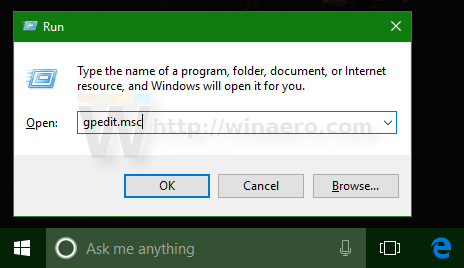The Security tab of the file properties dialog in File Explorer can be used to view and change ownership and security permissions on NTFS partitions. If you need to restrict users from changing ownership or permissions for files and folders, you can hide the Security tab from File Properties with a Registry tweak. Here is how it can be done.
Advertisеment
NTFS is the standard file system of the Windows NT operating system family. Starting with Windows NT 4.0 Service Pack 6, it supported the concept of permissions which can be configured to permit or restrict access to files, folders, and other objects locally and over a network.
As a user accesses each file, folder, registry key, printer, or an Active Directory object, the system checks its permissions. It supports inheritance for an object, e.g. files can inherit permissions from their parent folder. Also every object has an Owner which is the user account that can set ownership and change permissions.
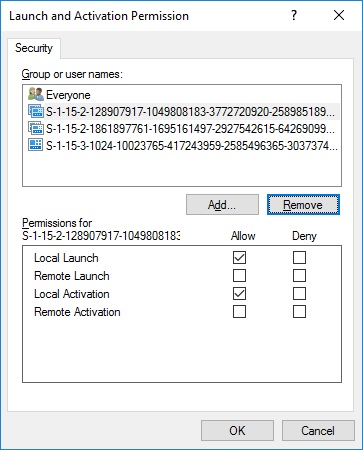
To learn how to manage NTFS permissions, refer to the following article:
How to take ownership and get full access to files and folders in Windows 10
There is the special Security tab in File Explorer, visible in the File Properties dialog. To see it, right-click the file or folder, click Properties, and then click the Security tab.
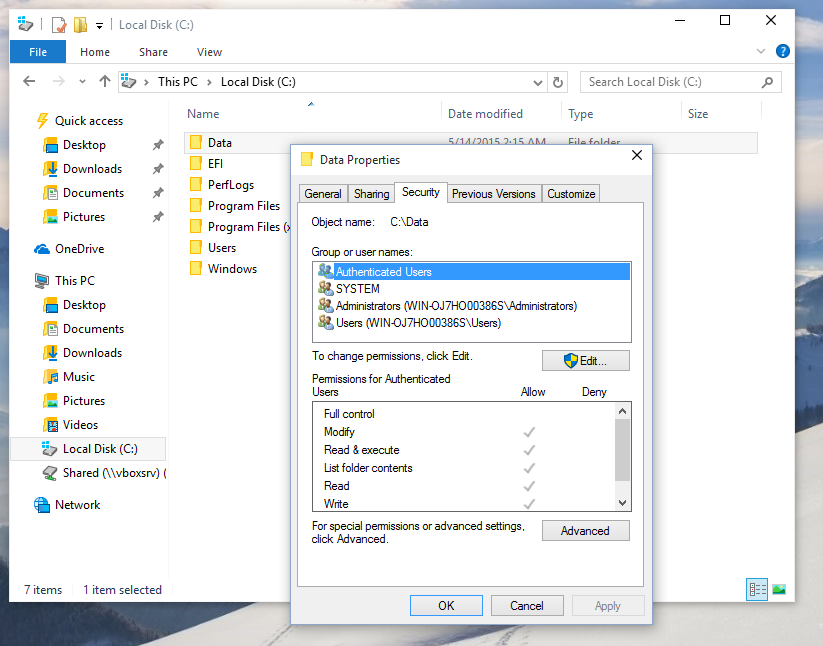
Here is how to hide it if you need.
To remove the Security tab from File Properties in Windows 10, do the following.
- Download the following ZIP archive: Download ZIP archive.
- Extract its contents to any folder. You can place the files directly to the Desktop.
- Unblock the files.
- Double click on the Remove Security Tab From Properties.reg file to merge it.
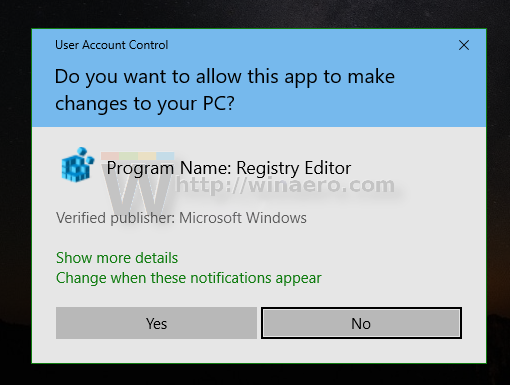
- To restore the Security tab, use the provided file Add Security Tab To Properties.reg.
That's it.
How it works
The Registry files above remove the {1f2e5c40-9550-11ce-99d2-00aa006e086c} subkey from the following branches:
HKEY_CLASSES_ROOT\*\shellex\PropertySheetHandlers
HKEY_CLASSES_ROOT\Directory\shellex\PropertySheetHandlers
HKEY_CLASSES_ROOT\Drive\shellex\PropertySheetHandlers
This makes the Security tab disappear from the File Properties tab.
There is an alternative method which involves a special Group Policy Option. Let's review it.
Remove Security Tab with Group Policy
- Open the Registry Editor app.
- Go to the following Registry key.
HKEY_CURRENT_USER\Software\Microsoft\Windows\CurrentVersion\Policies\Explorer
See how to go to a Registry key with one click. Create this Registry key if you don't have it.
- On the right, create a new 32-bit DWORD value NoSecurityTab. Note: Even if you are running 64-bit Windows you must still create a 32-bit DWORD value.
- To hide the Security tab, set its value data to 1.
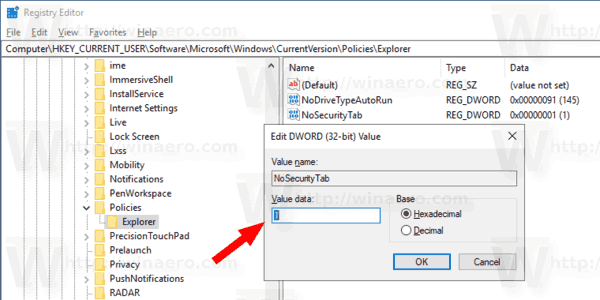
- To make the changes done by the Registry tweak take effect, you need to sign out and sign in to your user account.
If you are running Windows 10 Pro, Enterprise, or Education edition, you can use the Local Group Policy Editor app to configure the options mentioned above with a GUI.
- Press Win + R keys together on your keyboard and type:
gpedit.msc
- Group Policy Editor will open. Go to User Configuration\Administrative Templates\Windows Components\File Explorer. Enable the policy option Remove Security tab as shown below.
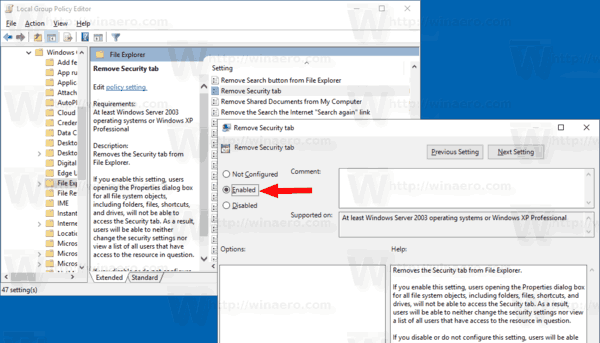
That's it.
Also, see the articles
- Remove Details Tab from File Properties in Windows 10
- Remove Customize Tab From File Properties in Windows 10
Support us
Winaero greatly relies on your support. You can help the site keep bringing you interesting and useful content and software by using these options:
